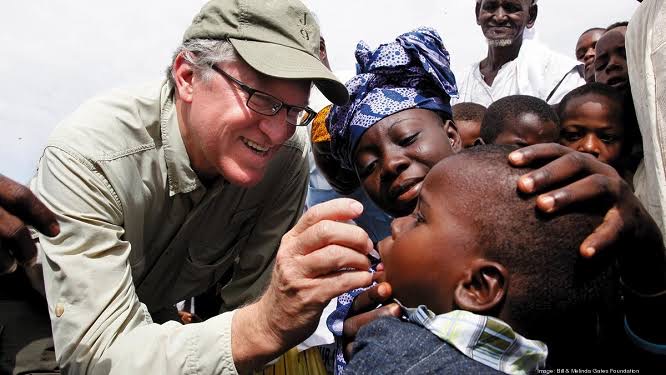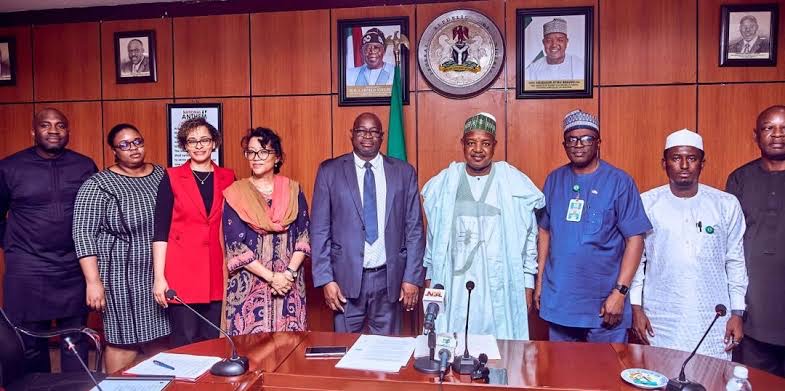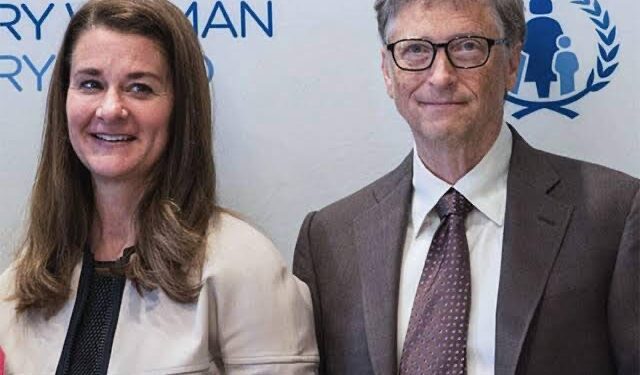According to Bill Gates, co-chair of the Bill and Melinda Gates Foundation, Nigeria receives the highest amount of funding from the foundation across Africa, making it the largest beneficiary of their interventions on the continent.
Gates spoke during a series of interviews with selected journalists on the sidelines of the NutriVision Dialogue 2024, held in Abuja on Tuesday.
He said reducing health disparities around the world, including eradicating diseases such as measles, malaria, and polio, was the foundation’s top priority.
“We spend a lot in Asia. But we spend even more in Africa. The country we spend the most in Africa is Nigeria. That makes sense because of the population and because of the incredible needs that are here. That means that I’ve literally spent billions in Nigeria.

“I feel glad that things like the child mortality rate have come down, but we could do a lot better,” he said.
Gates also said the foundation wants to put more money into it in the future, revealing that the funds will be focused on improving primary health care.
“Our work is almost entirely primary health care because the impact per dollar is dramatically greater than anywhere else,” he said.
Gates noted that increasing agricultural productivity is essential for Nigeria’s economic development, explaining that the foundation is investing heavily in the agriculture sector in addition to health.
He said this can be achieved through access to high-yielding, climate-resilient seeds, fertilizers, improved and timely information, and better weather forecasts for farmers. He said this will significantly increase agricultural production and reduce food costs.

The philanthropist said the foundation is supporting partners to implement fortification of some staple foods, which will increase the nutritional value of the food supply and bring public health benefits.
He stressed that the availability of a variety of low-cost foods, especially milk and eggs, is highly effective in reducing malnutrition. Gates noted that it is time to harness innovative ideas and tools in the health and agriculture sectors to significantly reduce malnutrition.
Since its founding in 2000, the Foundation has supported partnerships with regional institutions, national governments, and communities in 49 African countries.
The Foundation provides financial and scientific expertise to support the transformation agenda.
These partnerships have contributed to the success of numerous initiatives in the areas of health, agriculture, equality, and poverty reduction.
The Foundation is committed to committing more than $7 billion through 2026 to support African countries and institutions working to develop and implement innovative approaches to fight hunger, disease, gender inequality, and poverty.
































